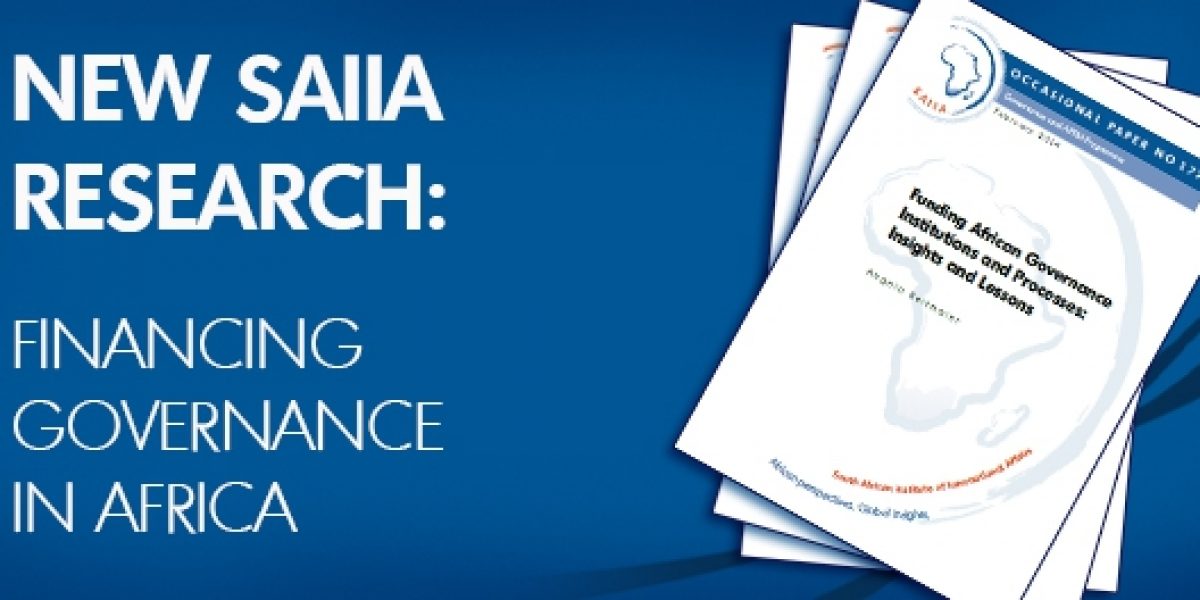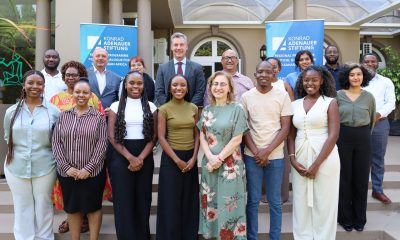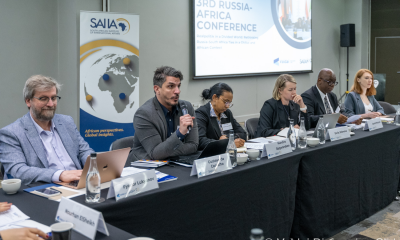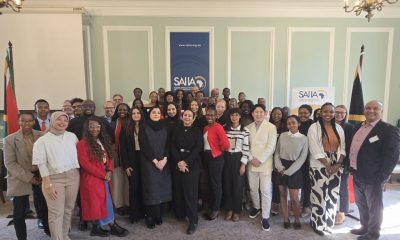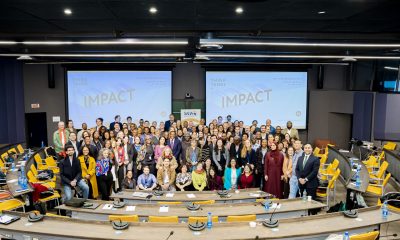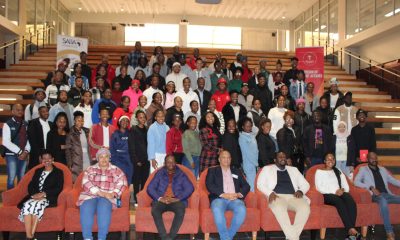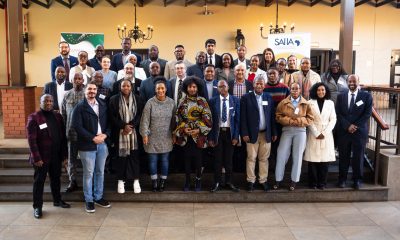At the EU-Africa Summit held in Brussels on 2 to 3 April 2014, one of the five key priorities identified for joint action was ‘democracy, good governance and human rights’.
Interestingly, the Summit’s Roadmap for 2014-2017 fails to mention by name the continent’s premier home-grown governance initiative, the African Peer Review Mechanism (APRM). Nevertheless, governance remains firmly on the agenda, with pledges of support for the emerging African Governance Architecture – an attempt to streamline and synergise the efforts of African institutions with a governance mandate. But how are such reforms financed, and how sustainable is this funding?
A new SAIIA Occasional Paper by Angela Reitmaier, ‘Funding African Governance Institutions and Processes: Insights and Lessons’, probes a vast array of governance initiatives operating in Africa. Her paper examines the APRM, but also anti-corruption commissions, UNDP country-led governance assessments, the Public Expenditure and Financial Accountability framework, constitutional reform processes, the Extractive Industries Transparency Initiative, the EU Governance Incentive Tranche and the US Millennium Challenge Account.
Download the Occasional Paper, Funding African Governance Institutions and Processes: Insights and Lessons by Angela Reitmaier
From this analysis, Reitmaier notes that ‘financing can buy control and influence; it can also demonstrate political will’, and asserts that, ideally, African governments should fund their own governance reforms, to minimise possible donor interference and conditions. But in the real world, funding usually comes from a combination of African governments and northern development partners. This risks uncertainty and instability, as donor preferences and commitments change over time. Her research also notes the important trend towards including a component of consultative, participatory self-assessment, and she promotes a process of dialogue between donors and African governments over governance reform priorities, including through the EU-Africa Summits.
Reitmaier advocates for a thorough review of the APRM and far greater transparency in its financial matters in order to build trust, which could induce funding from domestic sources such as the private sector and civil society. She also recommends linking the APRM to the post-2015 development agenda, to ensure its longevity.
Related Publications
Click here for more SAIIA research on the APRM and governance in Africa.

